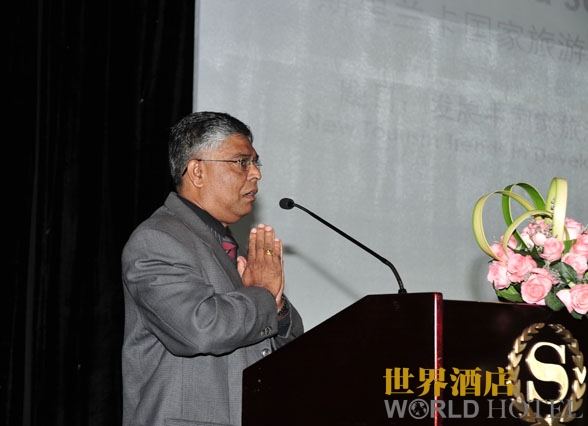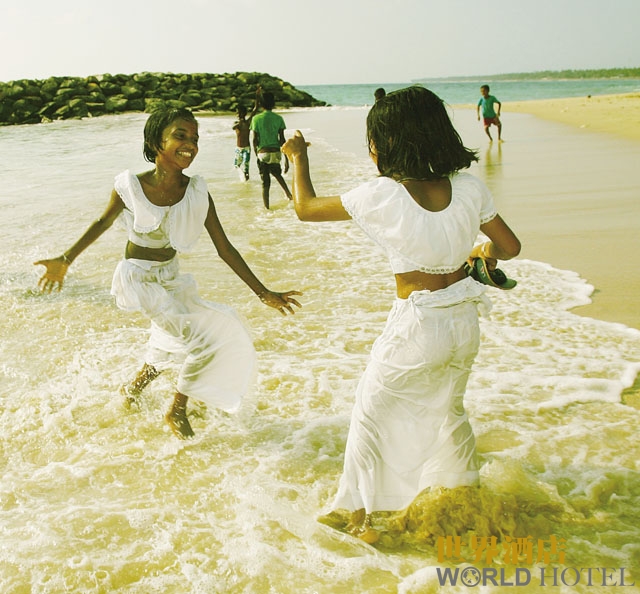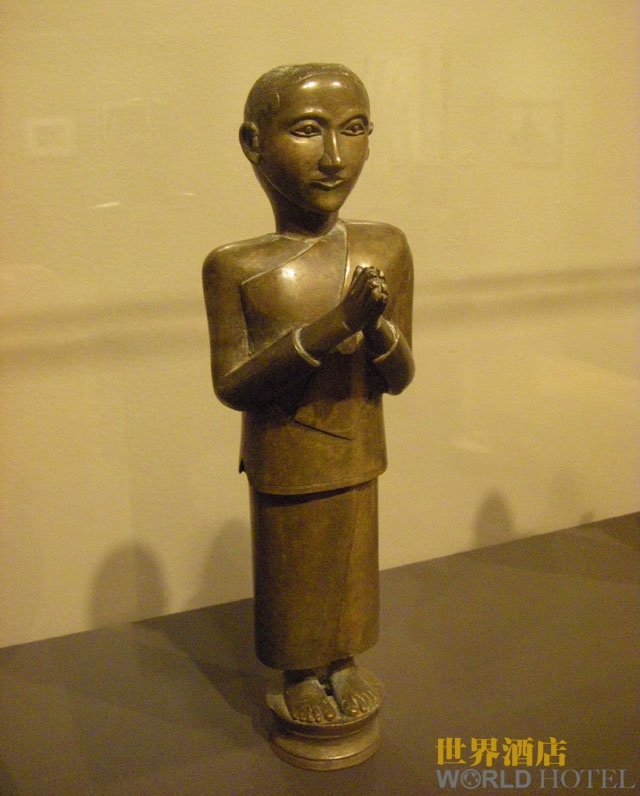
■By Sooriyagoda (斯里蘭卡國家旅游發展局規劃與發展部主任)
發展中國家過于注重快速開發旅游地卻不注意環境保護,而現在的旅游趨勢要求旅游地擁有一個干凈、無污染的環境。對此,作者在本文中呼吁大家思考我們為環保做了些什么?做得夠不夠?我們應該繼續怎么做?號召將環保融入我們日常的生活。
同時,本文還向讀者介紹介紹了斯里蘭卡與中國的緊密聯系及旅游業的發展現狀。

Today I will be talking to you on new tourism trends in developing countries and its consequences. Before getting into the subject in proper I would like to expose you to strong ties between the people and the government of People’s Republic of China had with the people and the government of Sri Lanka.

China and Sri Lanka – A special relationship dating back to ancient times
Sri Lanka was in the centre of the crossroads between the ancient sea route between the Mediterranean & China (Han Dynasty). Chinese coins & porcelains found in several archaeological sites in Sri Lanka – dating back to the Tang, Sung and Ming Dynasties. Chinese Pilgrim Fa Hsien traveled to Sri Lanka in 412 BC- Visited the first Sri Lankan kingdom of Anuradhapura and lived for 3 years in the Abhayagiri Monastery. In 1950, Sri Lanka was one of the first countries to recognize the People’s Republic of China; and in 1955, Sri Lanka and China Signed the Rubber-Rice Pact. China built and gifted the BMICH Centre to the Sri Lankan government in 1973; and in 1988, China built and gifted the new Supreme Court Complex.

New tourism trends in developing countries and its consequences
Let’s get back to the subject in proper. In dev-eloping countries tourism is an economic activity with serious environmental and social consequences. Because of this, many developing countries, like us, indentified tourism as a major economic activity and pursue rapid growth in the industry of tourism to remedy the burning issues of unemployment, poverty elevation, acquire foreign exchange , developing infrastructure ,mobilizing foreign investments ect. As a result of the rapid growth in tourism unreversible and irrecoverable losses are being faced by the people of this country. E.g.: Polluted surface water bodies, dwindling of forest and lagoon cover, loss of habitat, loss of biodiversity, commercializing of culture, degrading of traditions and ritual beliefs, loss of authenticity and hereditary, increase natural disasters (tsunami, cyclone).
On the other hand the present day tourist expect the destinations to provide them with clean and green environment rich biodiversity unpolluted water bodies authentic culture first hand experience etc. Are we doing the right thing? Have we done the following things? Have we adopted set backs and buffer zones, adopted green building designs, protected forests and habitats, etc. Are we doing enough? Are we successful?
As this is a conflicting state and as tourism is one of the main contributors to the situation, I would urge you all to think for a few moments everyday to practice good tourism in what ever forms of the present dimensions in tourism you will find today, please help and assist this industry to follow a positive approach.
